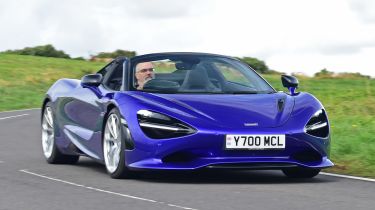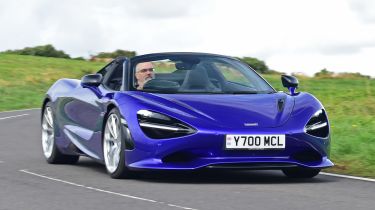UK Relaxes Zero Emission Vehicle Mandate Targets
The UK government’s initial plan to ban new petrol and diesel car sales by 2030 faced significant industry pressure, but a revised policy has been announced. Low-volume manufacturers like Aston Martin, Bentley, and McLaren will be exempt from the ban until 2035, allowing them to continue selling pure petrol models. The changes also ease pressure on van manufacturers.
Key Changes to ZEV Mandate
The original plan to enforce a complete ban on internal combustion engines by 2030 has been modified. Key changes include:
- Allowing hybrid and plug-in hybrid models until 2035
- Exempting ‘micro’ and small-volume manufacturers (fewer than 2,500 registrations annually)
- Relaxing van emission targets until 2035
Impact on Different Vehicle Types
Luxury Cars
For luxury car manufacturers with low production volumes, the exemption means they can continue selling petrol-powered vehicles until 2035. Companies like Aston Martin, Bentley, Lotus, and McLaren will benefit from this change.
Vans
The government has removed additional technology requirements for vans until 2035. This means petrol, diesel, hybrid, and plug-in hybrid vans will all remain permissible. Van manufacturers must ensure their non-zero emission vehicles’ overall CO2 emissions don’t exceed 2021 levels between 2030 and 2035.
Industry Reaction and Context
The changes come after intense lobbying from the automotive industry, which argued that the original 2030 target was too ambitious given current consumer demand for electric vehicles. Global trade uncertainties, including US President Trump’s tariff announcements, provided the UK government with political cover to revise its stance.

Conclusion
The UK government’s revised ZEV Mandate represents a balanced approach between environmental goals and industry realities. While the core 2030 target for pure electric vehicles remains, the exemptions acknowledge the current limitations in consumer demand and technological readiness across different vehicle segments.



